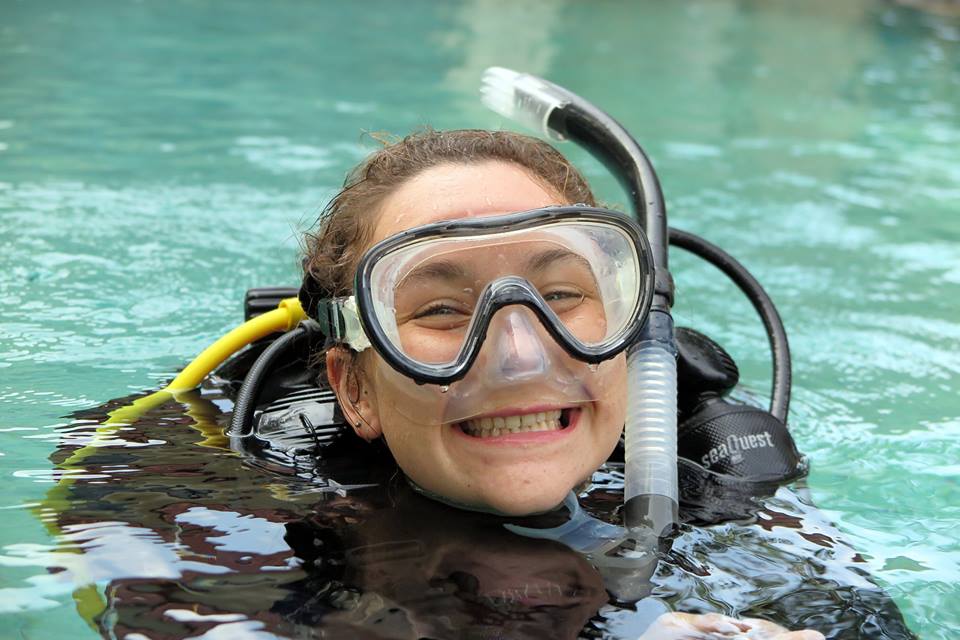Scuba diving is a popular recreational activity that allows individuals to explore the underwater world and discover the beauty of marine life.
However, it is important to understand that scuba diving is not suitable for everyone and there are certain situations where individuals should not scuba dive.
In this article, we will discuss the various situations and conditions when scuba diving should be avoided, and provide tips on how to stay safe while diving.
THE RISKS OF SCUBA DIVING AND WHEN TO AVOID IT
Scuba diving is a physically demanding activity that requires a certain level of fitness and health.
It is important to understand that diving can be dangerous if not done properly and can lead to serious injury or even death.
Therefore, it is crucial to be aware of the risks associated with scuba diving and when to avoid it.
HEALTH CONDITIONS THAT CONTRAINDICATE SCUBA DIVING
Individuals with certain health conditions should not scuba dive. These conditions include but are not limited to, heart disease, lung disease, high blood pressure, asthma, and diabetes.
People with ear or sinus problems, a history of seizures, or who are currently pregnant should also avoid scuba diving. It is important to consult with a physician before diving, especially if you have any pre-existing health conditions.
THE IMPORTANCE OF PROPER TRAINING AND CERTIFICATION
Scuba diving is a technical activity that requires proper training and certification. Individuals who have not received proper training or certification should not attempt to scuba dive.
It is important to understand the proper procedures and techniques for diving and to be aware of the potential risks and hazards.
Certified divers should also stay current with their training and refresh their skills regularly.
AVOIDING DIVING IN HAZARDOUS CONDITIONS
Certain environmental conditions can make scuba diving hazardous. These conditions include but are not limited to, poor visibility, strong currents, high waves, and cold water.
It is important to understand the conditions of the dive site and to avoid diving in hazardous conditions.
Individuals should also be aware of their own physical limitations and avoid diving in conditions that they are not comfortable with.
THE IMPORTANCE OF DIVE PLANNING AND SAFETY PROCEDURES
Proper planning and adherence to safety procedures are essential for a safe and successful dive. It is important to understand the dive site, the conditions, and the potential hazards.
Divers should also be aware of their own limitations and the limitations of their equipment. A dive plan should be made before diving, and safety procedures should be followed at all times.
In conclusion, scuba diving is a popular and exciting activity that allows individuals to explore the underwater world.
However, it is important to understand that diving can be dangerous if not done properly and can lead to serious injury or even death.
Therefore, it is crucial to be aware of the risks associated with scuba diving and when to avoid it. Individuals with certain health conditions, those who have not received proper training or certification, and those diving in hazardous conditions should not scuba dive.
Proper planning and adherence to safety procedures are also essential for a safe and successful dive. Remember, when in doubt, always consult a physician or a dive professional before diving.




